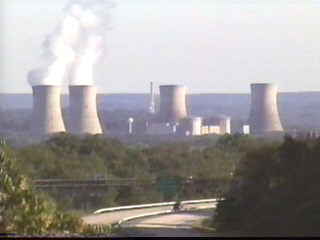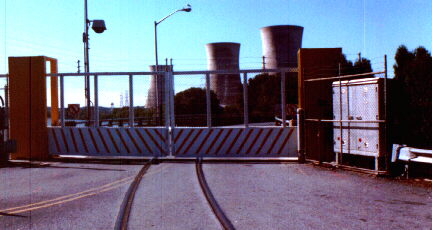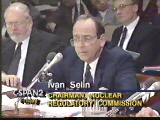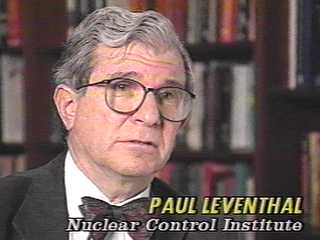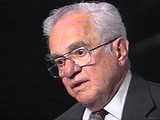Nuclear Terrorism
Sabotage and Terrorism of Nuclear Power Plants
On Wednesday October 17, 2001, three F-16 fighter jets orbited the Three Mile Island Nuclear Plant because of a "credible threat" stating that an attack would occur by air or by land. The Harrisburg International Airport re-opened at 1:00am Thursday when the threat had been deemed non-credible. Get the story from the York Daily Record or from Reuters (Adobe Acrobat format)
|
THREE MILE ISLAND....
North Gate
|
NUCLEAR TERRORISM
Abstract:
The threat of nuclear terrorism most often brings images of a city totally flattened and incinerated by a nuclear bomb. While many focus on the problems associated with stolen weapons-grade nuclear materials, particularly those originating from the former Soviet Union, the greater threat may actually be an attack against a nuclear power plant. Terrorists would be able to skip the formidable task of assembling or stealing a nuclear bomb. There are more than a few terrorist experts who believe that a nuclear power plant will be successfully assaulted before terrorists have the ability to deliver a nuclear weapon.
| "The security guards at half the nuclear power plants in the United States have failed to repel mock terrorist attacks against safety systems designed to prevent a reactor meltdown. These are so-called "force-on-force" exercises supervised by the Nuclear Regulatory Commission. The NRC refuses to take enforcement action in response to the failures, and is in the process of weakening the rules of the game in response to industry complaints. Sabotage of nuclear power plants may be the greatest domestic vulnerability in the United States today. This is the time to strengthen, not weaken, nuclear regulation."
Paul Leventhal |
"America's Defense Monitor" (PBS)
The Center for Defense Information Paul Leventhal of the Nuclear Control Institute says that nuclear plants provide means for a nuclear attack
| Considering the fact that a nuclear plant houses more than a thousand times the radiation as released in an atomic bomb blast, the magnitude of a single attack could reach beyond 100,000 deaths and the immediate loss of tens of billions of dollars. The land and properties destroyed (your insurance won't cover nuclear disasters) would remain useless for decades and would become a stark monument reminding the world of the terrorists' ideology. With more than 100 reactors in the United States alone, if one is successfully destroyed, just threatening additional attacks could instill the sort of high-impact terror which is being sought by a new breed of terrorists. |
Many nuclear "watchdogs" are convinced that nuclear plants are the "soft-underbelly" of national security and represent attractive targets to enemies of the United States who do not have sophisticated weapons of war. The "Physicians for Social Responsibility" have called nuclear plants "land mines waiting to be stepped upon." Currently, the United States Nuclear Regulatory Commission does not require commercial nuclear power plants to defend against "Enemies of the United States." There is no potential for a thermo-nuclear explosion at an electrical generating nuclear plant, but a powerful steam explosion could suddenly eject enormous amounts of radioactive particles into the atmosphere.
The US Nuclear Regulatory Commission has a long history of security problems. Federal oversight committees and reports by the US Government Accounting Office have been extremely critical of security within the nuclear power industry. Because of recent events and the continuing vulnerabilities which must be addressed; and because the NRC has now reduced certain security regulations, we believe it is now necessary for public disclosure and public pressure to compel the NRC to close these security gaps.
The Nuclear Control Institute, The Committee to Bridge the Gap, and more recently Three Mile Island Alert has successfully lobbied the NRC to finally require vehicle barriers. But, the new regulations are a watered-down version of what is really necessary to preclude a truck bomb attack.
|
Nuclear weapons designer Ted Taylor says it it easy to turn a nuclear plant into a nuclear weapon. |
- Log in to post comments


